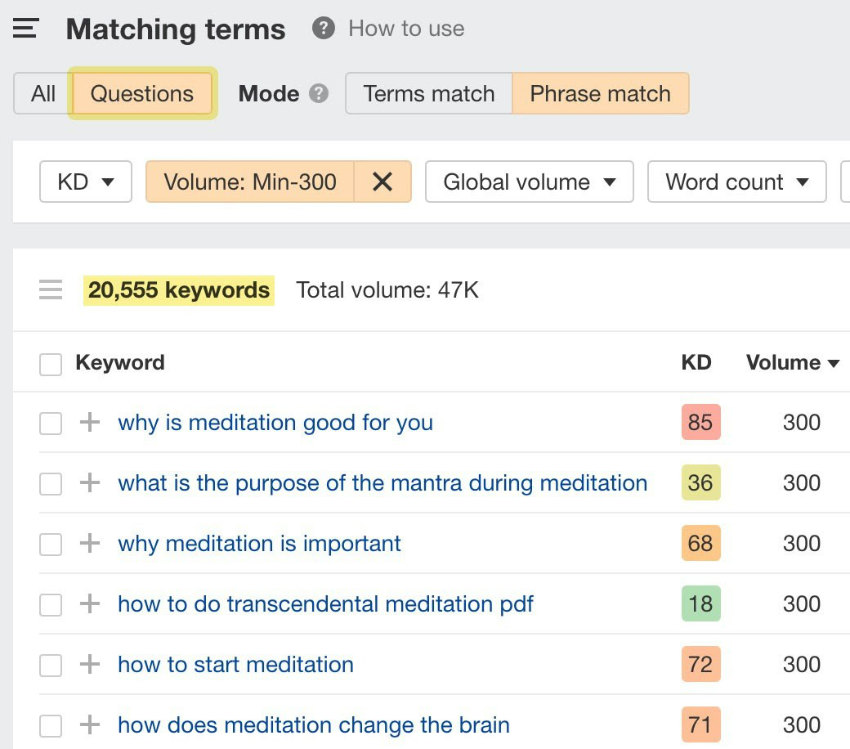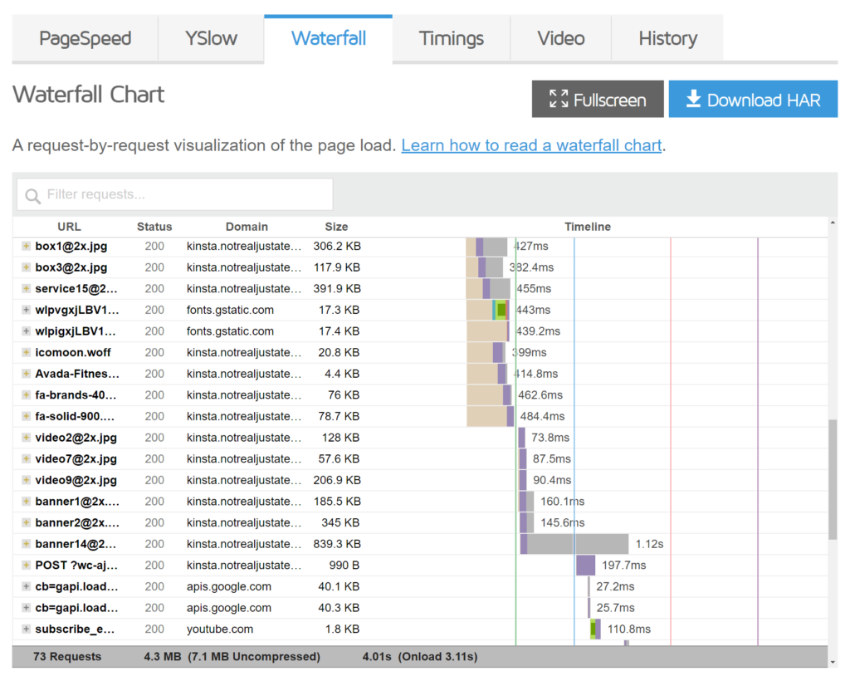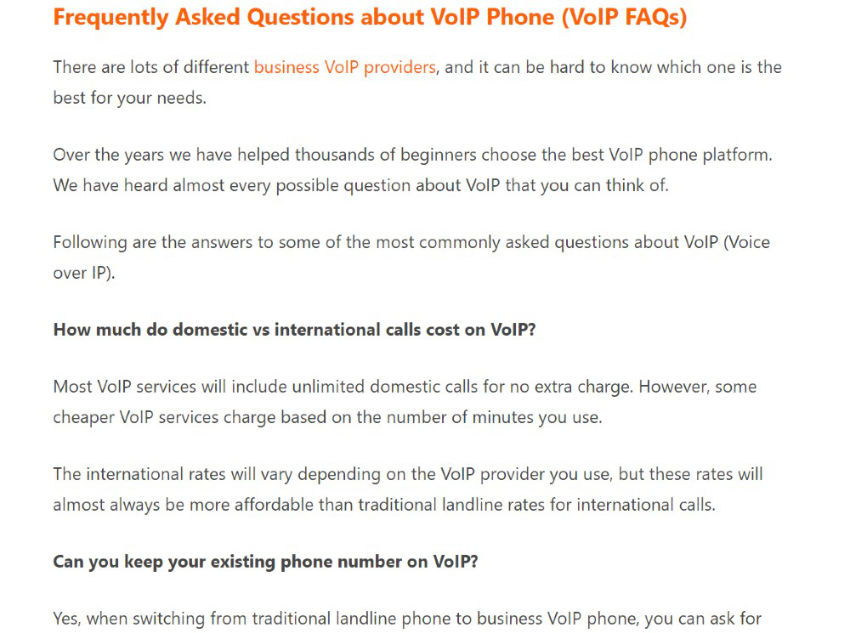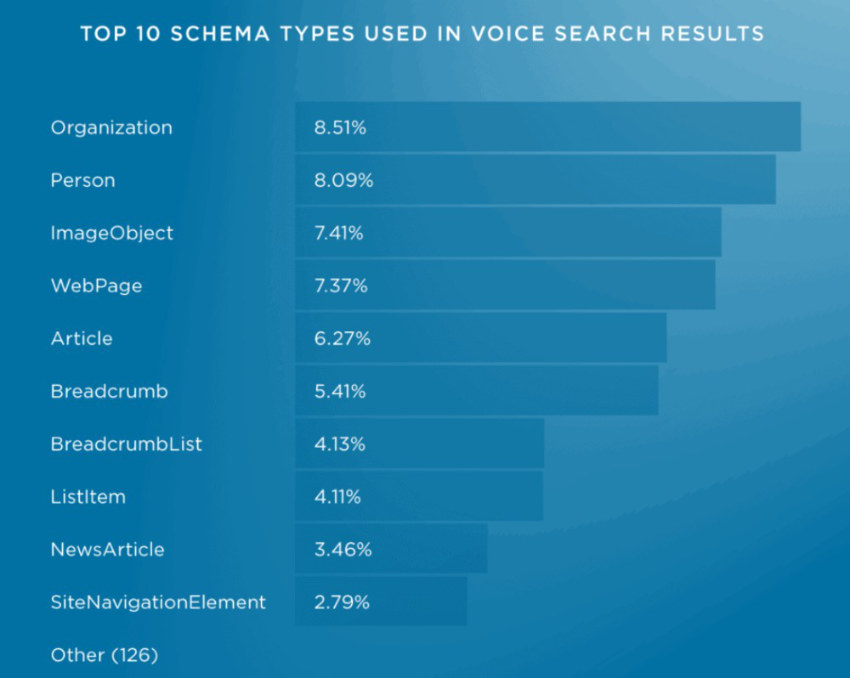Show:
How Can You Optimize Your WordPress Site For Voice Search
Our mobile phones come equipped with virtual assistants. These assistants are now part of a phone’s software. For example, Apple has Siri, Google has Google Assistant, and Samsung has Bixby.
Voice assistants are now fueling the rise of voice search. Therefore, online businesses should adapt to this trend and optimize their sites for voice searches. But what exactly does that involve?

Here are five proven ways to optimize your WordPress site for voice search.
1. Use Long-Tail Keywords In Content
Voice search queries tend to be longer than traditional search queries. “What are the best laptops in 2023?” “What are the best restaurants in Kearny?” These are all examples of long search queries done through voice search.
Therefore, for your website to appear in the results of those queries, you’ll need to optimize your content for long-tail keywords. But how do you find relevant long-tail keywords?
There are various ways to go about it. First, you can use Google auto-completions that appear as you type a query. Google’s “related searches” and the “people also ask” sections are also rich in keyword ideas.
For example, for the search keyword “best laptops 2022,” you’ll find the following long-tail keyword ideas in the “related searches” section:

The other option is to use paid keyword research tools like Ahrefs, Semrush, and Moz.

The other benefit of long-tail keywords is that they’re usually less competitive. So, you have a good chance of ranking for these keywords even if your site doesn’t have the best SEO. And the higher your ranking, the higher chances your page will be used for relevant voice searches.
2. Prioritize Website Speed Optimization
A website’s page load speed contributes to its ranking on the SERPs. So, if you want better search engine visibility, whether through voice search or via written queries, you’ll need to optimize your WordPress site to load faster.
Here are ways to optimize your website speed.
Invest in better servers. Ensure that your servers can accommodate your daily traffic.
Reduce the number of HTTP requests on your site. More HTTP requests mean that your server will have more information to process. You can lessen HTTP requests by removing unnecessary media and combining CSS files. A waterfall chart, as shown below, will help you see which requests take the longest to process.

Use smaller media file sizes. Smaller file sizes are quicker to download from your servers. This allows your website to load media much faster. So, whether you use e-commerce or a manufacturing website design, reduce the resolution of your images and compress them for optimal media file size.
The ideal page load time is under 3 seconds. Use the free Google PageSpeed insight tool to see how fast your site loads.
3. Use Keyword-Rich Simple Sentence Structures
As stated earlier, voice searchers usually format their queries in the form of questions. With the rise of natural language processing (NLP), search engines expect the answers to these queries to incorporate keywords.
For example, if a user searched for “What is the best laptop for students in 2022,” the best-performing answers would be formatted as “The best laptop for students is…”
Here’s an excellent example of how this could look in real life.

Notice that the answers should also be structured in a simple manner.
When you follow this strategy, you make it easier for NLP systems used by search engines to pick up your content and serve it to voice searchers.
Using a conversational tone is especially important when answering questions in your content. So if your headings are in the form of questions or you have a FAQ section, format the answers this way.
4. Include Question Phrases
Many voice search users phrase search queries in the form of questions. E.g. When a small business is considering using email marketing for their marketing campaigns, they might have some questions during their research phase. These could include:
What is email marketing?
How does email marketing work?
How do I find my target audience’s email address?
Are there any email finder tools?
Therefore, one easy way to optimize your WordPress site for voice search is by including question phrases in your content. You can have these questions as headings. You can also write the questions within your content. Even better, you can create an FAQ section toward the end of your content.
For example, WPBeginner includes FAQs for this post:

The section can help you add questions to your content without disrupting the content flow.
You’ll need to search for relevant questions to incorporate into your content, of course. By relevant, we mean questions people are more likely to ask via voice searches. Your keyword research tools should help you with this.
5. Use Structured Data
Structured data is a tag for every element on your page. It lets Google know that a bulleted list is a step-by-step procedure for a cake recipe. Or that a string of numbers is your phone number, not an address or something else.
Structured data helps Google determine what passage(s) of text from your blog article to show as featured snippets. Featured snippets are highlighted excerpts that give searchers an immediate answer to their queries. Around 40% of voice search answers are featured snippets, so you’ll want to strive to get featured as such.
Though not a ranking factor for voice search, the following types of schema markup are common in voice search results:

Add relevant types of structured data to your web pages to increase your chances of being shown as featured snippets and, therefore, of appearing in voice searches. Use WordPress plugins to add structured data.
In Closing
As technology evolves, so does its ease of use. So now, Google Home and flagship mobile phones incorporate virtual assistants, making voice search more accessible.
Your WordPress site must account for this trend. Perform voice search optimization for your blog. Start by identifying long-tail keywords. Then, create your content using simple and keyword-rich sentences. Optimize your site speed. Finally, add questions to your content and use relevant structured data.
Follow these voice search SEO tips, and you’ll optimize your WordPress site for voice search.

 Return to Previous Page
Return to Previous Page








